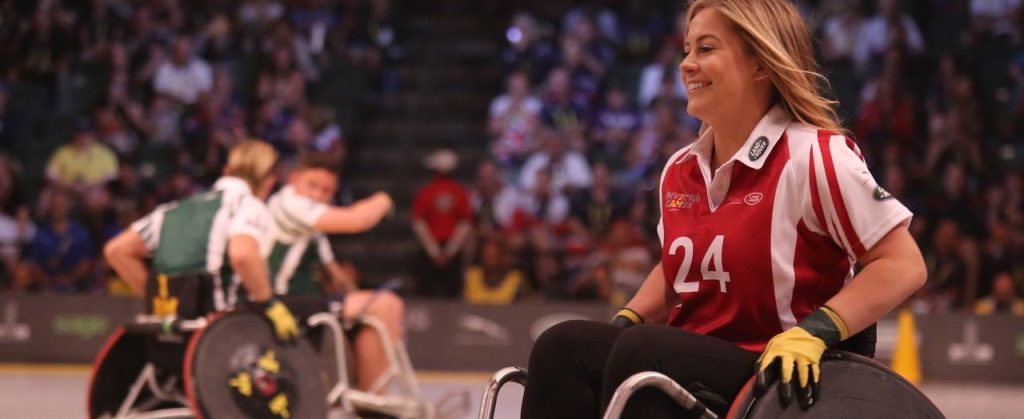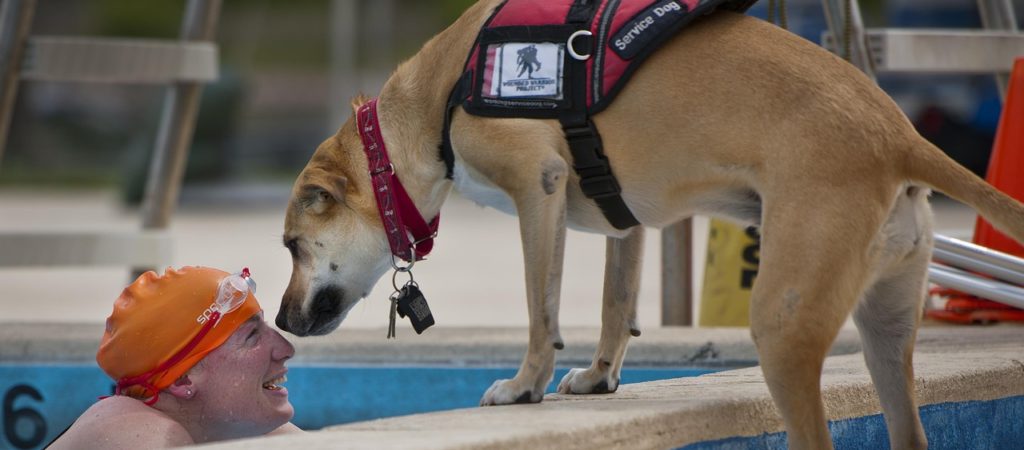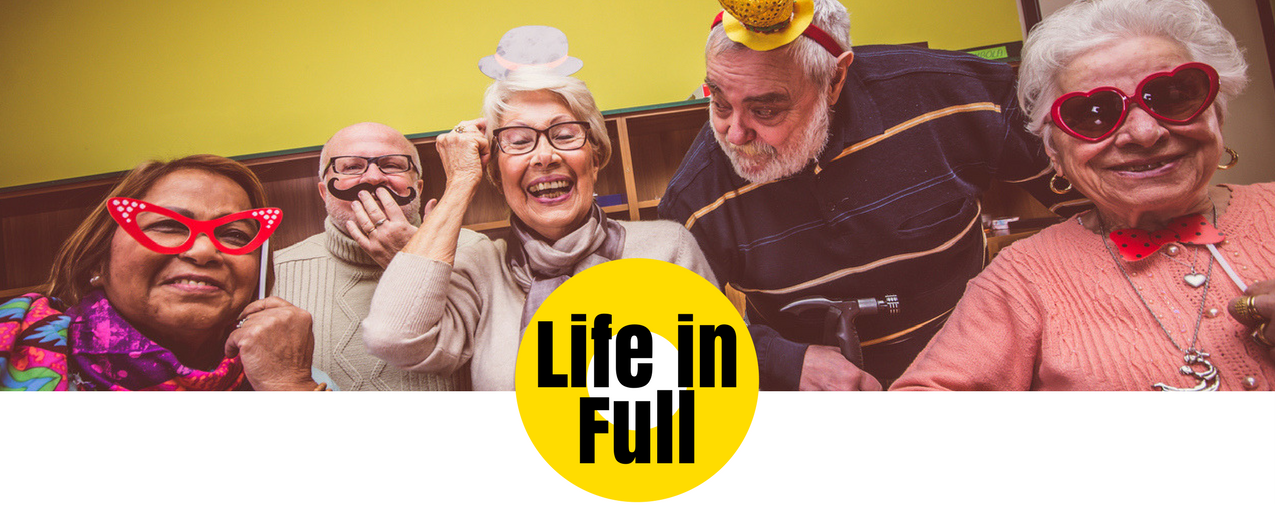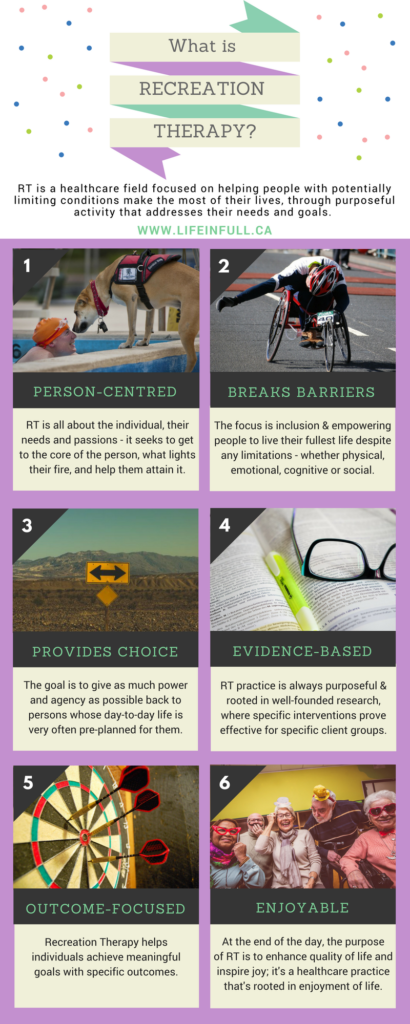Recreation Therapy (or Therapeutic Recreation) seems to be a field that most people know little about. This is unfortunate, because it’s an incredibly impactful healthcare profession that enriches the lives of many.
I often get confused looks or comical guesses when I tell people I’m a Recreation Therapist: “you’re going to do physio exercises on patients then, right?” or “oh, like a camp counsellor?” However, if you’re not in this field, I truly wouldn’t blame you for such assumptions!

So, what exactly do we do? At the core, Recreation Therapists help people with potentially limiting conditions make the most of their lives – physically, mentally, emotionally and socially.
Who do we help? Anyone with limitations to their leisure participation, including persons who: have a mental health condition, a developmental or physical disability, a dementia, have experienced a stroke, and many more.
What do we help with? Fine and gross motor skills, physical functioning, social effectiveness, self-efficacy, memory, community integration, self-awareness, emotional regulation, mood, coordination…the list goes on!
Examples? Music, horticulture, reminiscence, dance, adventure, and animal therapies, adaptive sports, discussion groups, exercise programs, journalling, intergenerational programming, etc. (check out the blog for program ideas!)

Recreation Therapy: a healthcare field that enriches lives
Let’s go a bit deeper into the reasons why Recreation Therapy is so significant:
PERSON-CENTRED: Our approach is ALL about the individual, their needs and their passions. Ultimately, we’re trying to get to the core of the person, what lights their fire, and help them attain it.
BREAKS BARRIERS: Tell a Recreation Therapist you can’t do something, and we’ll prove you wrong. It’s about inclusion and empowering individuals to live their fullest life despite limitations (physical, emotional, cognitive or social).
PROVIDES CHOICE: For individuals in extended hospital stays or long-term care, much of their reality is pre-planned (timing for when meals are served, etc.). Recreation Therapy seeks to give as much power and agency as possible back to the person.
EVIDENCE-BASED: Running thoughtless bingo groups or placing clients in programs on a whim isn’t our style; leisure is always purposeful and rooted in research, which matches specific interventions to specific client groups.
OUTCOME-FOCUSED: Whether a client wants to gain leg strength post-injury to swim with his daughter or gain control of social anxiety symptoms to attend her work party, Recreation Therapy helps individuals achieve meaningful goals with specific outcomes.
ENJOYABLE: At the end of the day, the purpose of our field is to enhance quality of life and inspire joy. It’s a healthcare practice that’s rooted in enjoyment of life.
To learn more about Recreation Therapy, be sure to check out the blog section! And if you’re interested in a consultation for yourself or your loved one, I am a private practice Recreation Therapist and would be happy to speak with you – feel free to read more about me or email me directly.
*Below is an infographic you’re welcome to share to help spread the word about the impact of Recreation Therapy (click to enlarge – just please credit the website!)

